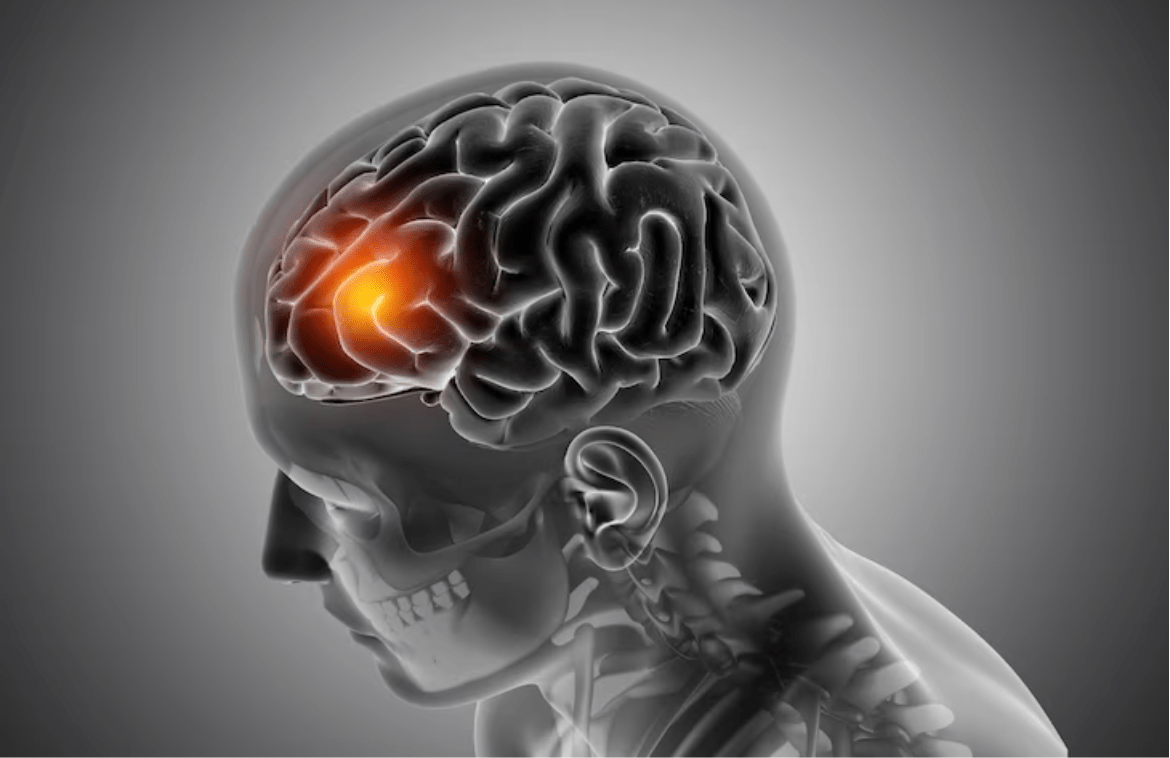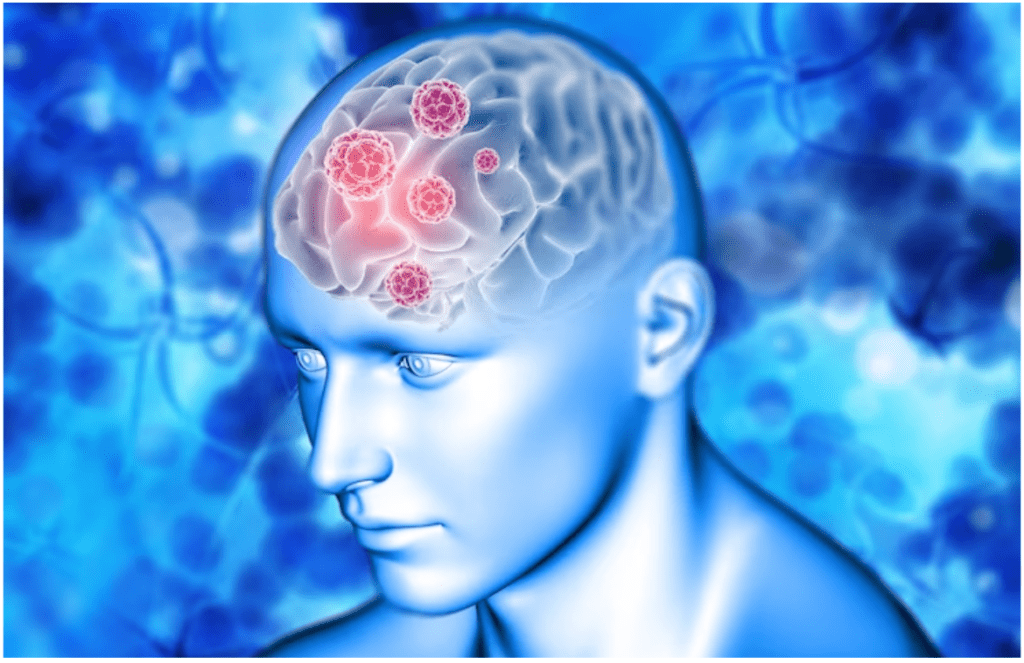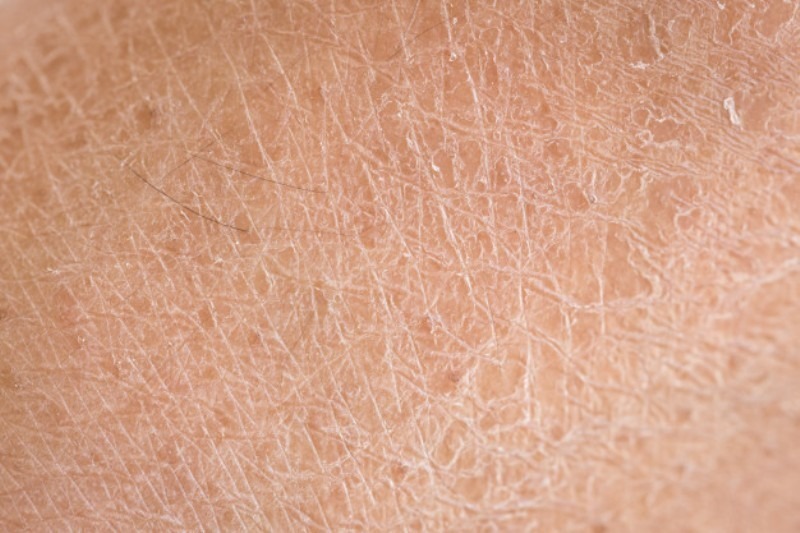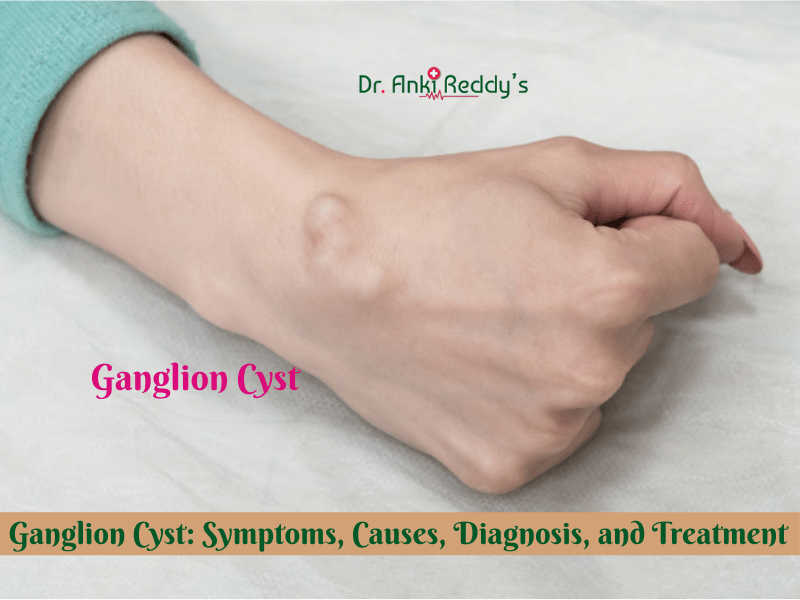Trigminal Neuralgia Symptoms, Causes and Treatment
Trigeminal neuralgia happens to be a condition that causes painful sensations much similar to an electric shock on one side of the face. This chronic pain condition does affect the trigeminal nerve, which does carry sensation from one’s face to one’s brain. If having trigeminal neuralgia, even mild stimulation of one’s face, like from brushing one’s teeth or putting on makeup, may trigger a jolt of excruciating pain.
A person may initially experience short, mild attacks. But trigeminal neuralgia can rather progress and also cause longer, more-frequent bouts of searing pain. Trigeminal neuralgia does affect women more often than men, and it is also more likely to occur in people who are older than 50.
On account of the variety of treatment options available, having trigeminal neuralgia does not necessarily mean that a person is doomed to a life of pain. Doctors usually can indeed effectively manage trigeminal neuralgia with medications, injections, or even surgery.
Trigeminal neuralgia symptoms
Trigeminal neuralgia symptoms may rather include one or more of these patterns:
- Episodes of severe, shooting or even jabbing pain that may feel like an electric shock.
- Spontaneous attacks of pain or perhaps attacks triggered by things such as touching the face, chewing, speaking, or even brushing teeth.
- Attacks of pain that last from a few seconds to about several minutes.
- Pain that tends to occur with facial spasms.
- Bouts of multiple attacks that last days, weeks, months, or even longer, few people have periods when they experience no pain.
- Pain in areas that are supplied by the trigeminal nerve, including the cheek, jaw, teeth, gums, lips, or even less often the eye as well as forehead.
- Pain affecting a particular side of one’s face at a time.
- Pain focused in one spot or even spread in a wider pattern.
- Pain rarely occurs at night even while sleeping.
- Attacks that do become more frequent and also intense over time.
When to consult a doctor?
If experiencing facial pain, particularly prolonged or recurring pain, or pain unrelieved by over-the-counter pain relievers, it is advisable to see the doctor.
Causes
Trigeminal neuralgia
In trigeminal neuralgia, also known as tic douloureux, the trigeminal nerve’s function is disrupted. Usually, the problem happens to be a contact between a normal blood vessel, and in such a case, an artery or a vein, and the trigeminal nerve at the base of one’s brain. This contact does place pressure on the nerve and also causes it to malfunction.
While compression by a blood vessel happens to be one of the more common causes of trigeminal neuralgia, there are several other potential causes as well. Few may be related to multiple sclerosis or a similar disorder that tends to damage the myelin sheath protecting certain nerves. Trigeminal neuralgia can also be caused by a tumor compressing the trigeminal nerve.
Few people may experience trigeminal neuralgia on account of a brain lesion or other abnormalities. In a few cases, surgical injuries, stroke, or even facial trauma may be responsible for trigeminal neuralgia.
Triggers
A variety of triggers are there causing pain in trigeminal neuralgia, including:
- Having
- Touching one’s face
- Drinking
- Eating
- Brushing one’s teeth
- Talking
- Putting on makeup
- Breeze lightly blowing over your face
- Smiling
- Washing the face
Treatment of Trigeminal neuralgia
Tricyclic antidepressants are made use of like Amitriptyline or Nortriptyline which are commonly made use of. These are used to treat Type 2 trigeminal neuralgia symptoms. Then there are muscle relaxants. Baclofen can also be made used alone or together with carbamazepine or phenytoin.
Few short studies have indicated that onabotulinumtoxinA (Botox) injections can reduce pain from trigeminal neuralgia in people who are no longer helped by medications. There is more research required to be done before this treatment is widely made used for this condition.
Usually, anticonvulsive medications happen to be the initial treatment choice. Surgery can indeed be an effective option for those who become rather unresponsive to medications or for those who tend to suffer serious side effects from the medications. The trigeminal nerve happens to be a set of cranial nerves in one’s head.
Conclusion
Thus trigeminal neuralgia symptoms can be dealt with proper treatment.










There are no comments